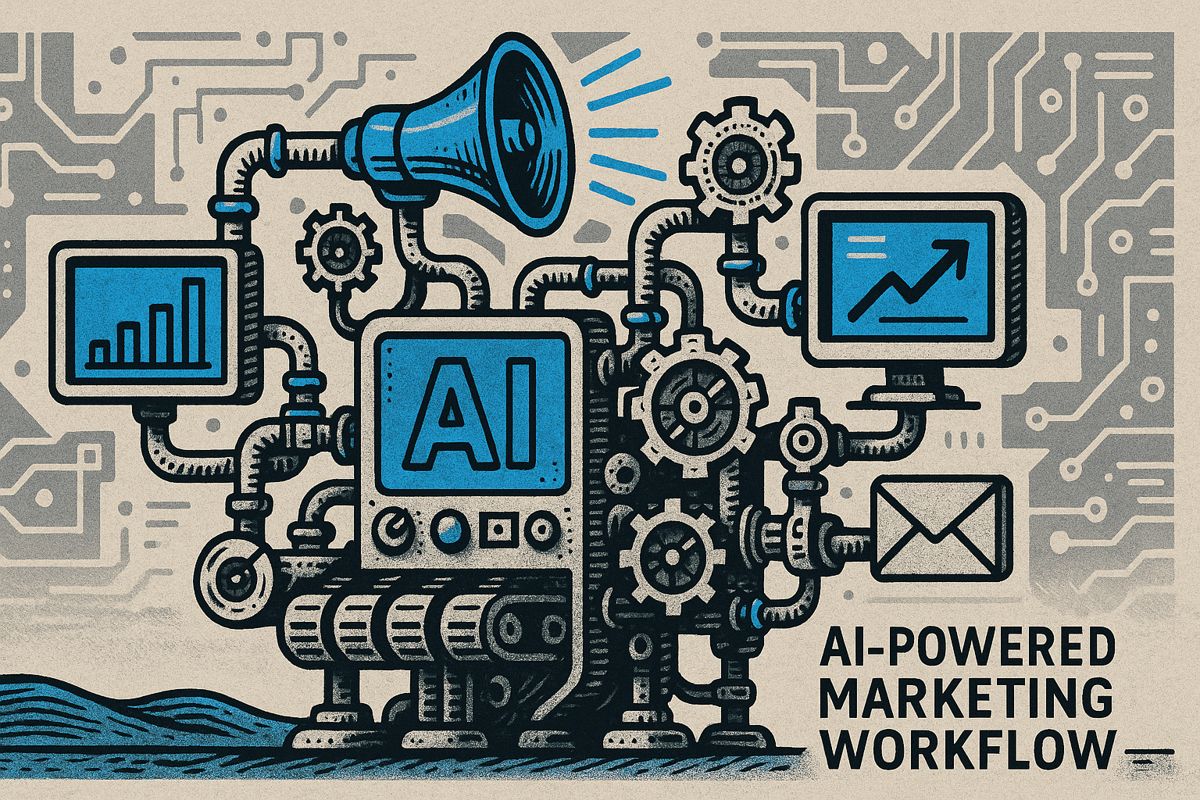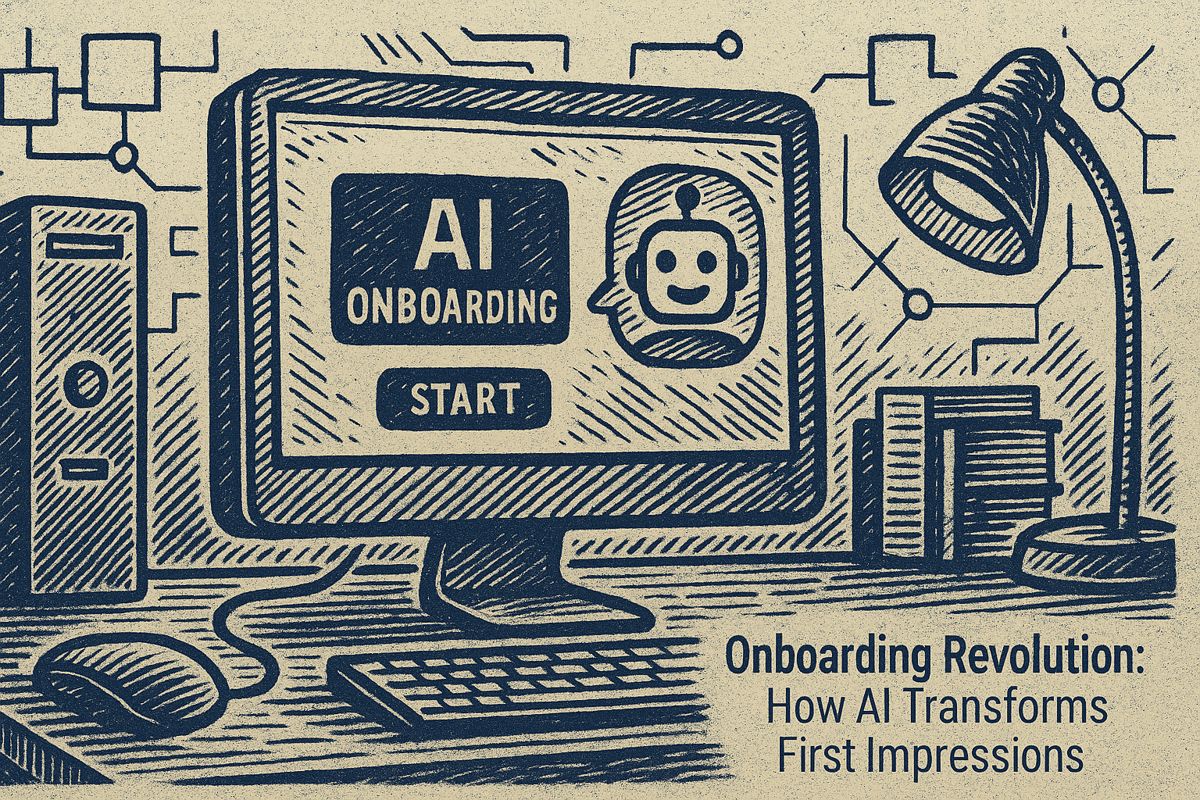Recent data confirms Wikipedia traffic drops are accelerating, with a 23% decline since 2022 as AI-powered search summaries intercept users. According to the Digital 2025 report from DataReportal, daily visits have fallen below 128 million. This trend is driven by search engines answering queries directly, often using Wikipedia content. As noted by TechCrunch, Google’s “AI Overviews” exemplify this shift, which the Wikimedia Foundation now considers the “new default” for information discovery.
This loss of direct traffic has cascading effects beyond simple pageview metrics. Fewer visitors lead to a smaller pool of potential new editors and reduced visibility for donation banners. Since website traffic is crucial for fueling the volunteer pipeline and demonstrating public trust to donors, this downturn threatens core pillars of the Wikimedia project.
The Data Behind Wikipedia’s Shifting Traffic
Wikipedia’s traffic is declining primarily because AI summaries on search engines like Google now provide direct answers, reducing the need for users to click through to the source article. This shift in user behavior means people get information sourced from Wikipedia without ever visiting the site itself.
A central paradox has emerged: while human pageviews are down, bandwidth consumption by AI crawlers has surged 50% since early 2024. Data shows organic search referrals fell 26% from January 2022 to March 2025, while direct visits dropped a more modest 12%. This highlights a growing reliance on on-page AI answers by casual users. This dependence is clear, with Wikipedia content comprising a significant portion of AI training data, making it a foundational element of the commercial AI ecosystem.
Financial Stability and New Revenue Strategies
Despite the shrinking traffic, Wikimedia is not facing an immediate financial crisis. The foundation’s 2023-2024 annual report details assets of $287 million, including $83 million in cash. However, leadership recognizes that relying on donation banners is unsustainable. Their 2024-2025 plan focuses on diversifying revenue through three key initiatives:
- Expanding Wikimedia Enterprise: A paid API for high-volume content users, already generating $3.2 million in annual recurring revenue.
- Growing the Wikimedia Endowment: Securing long-term stability through major gifts, independent of annual campaigns.
- Increasing Infrastructure Investment: Budgeting $92.8 million to support content delivery to new platforms like chatbots and voice assistants.
The Future of Wikipedia in the AI Era
Wikimedia executives describe these initiatives as essential adaptations. While Wikipedia remains a top-ten global site, its future hinges on converting machine-driven content usage into sustainable revenue. A major debate is emerging over whether AI companies, which train their models on vast amounts of volunteer-created Wikipedia content, should provide financial compensation. While no formal agreements are in place, public statements suggest the Foundation believes these firms should contribute, as noted by Search Engine Journal. The challenge lies in balancing declining human visits with steeply climbing machine requests, a dynamic that will define the future of free and open knowledge.



















